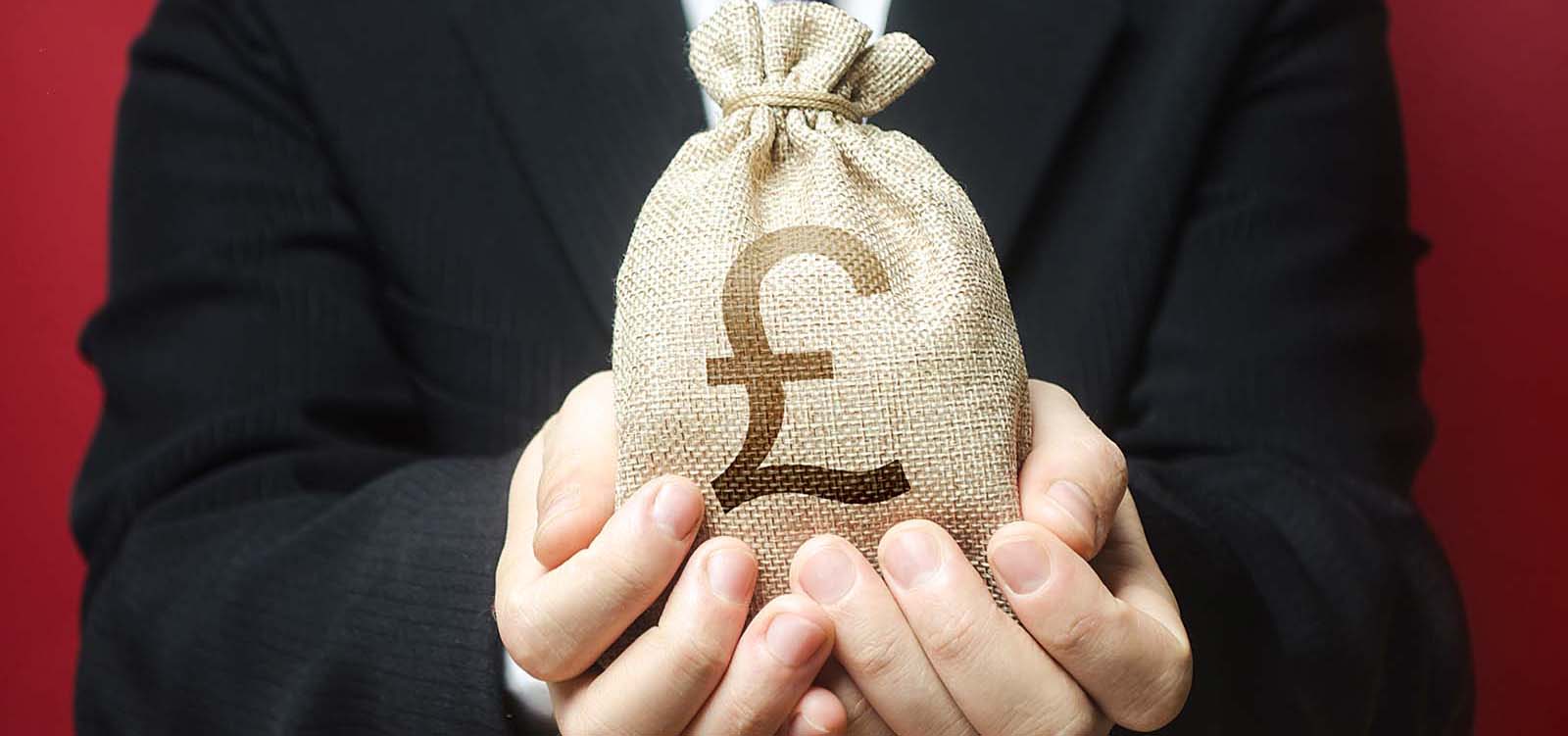Contents
If you are struggling to cope with your unsecured debts, a Debt Payment Programme (DPP) could be a realistic solution to your problems. As an essential part of the Debt Arrangement Scheme (DAS), DPPs are only available to debtors living in Scotland and cannot be set up without the help of an approved money adviser or licensed insolvency practitioner.
Keep reading to find out more about how debt payment programmes work, where to apply and whether it could affect your credit score.
What is a debt payment programme in Scotland?

The debt payment programme in Scotland is a debt solution that is available to those living in Scotland through the Debt Arrangement Scheme. On a basic level, it is a plan that enables you to repay your unsecured debts in full but over a longer period of time than originally agreed with your creditors. Settling your debts in this way allows you to make more manageable repayments, with the sum of your regular instalment being calculated to account for your need to pay for accommodation, utilities and other essential costs first.
During the course of a repayment plan, your creditors will no longer be permitted to contact you to chase for repayment and will be unable to take action to recover what is owed to them. This means that you will be protected from creditors seeking your sequestration (bankruptcy) or taking other legal action against you.
The debt arrangement scheme, and by extension any debt payment programme entered into via the scheme, is only suitable for those who have a regular income with which to pay off their debts. Those debtors who are unemployed or in receipt of benefits will not usually be eligible for a DPP and perhaps may find another debt solution (sequestration or the minimal asset process, for instance) to be more appropriate for their situation.
How long does it last?
Unlike many other debt solutions, there is no set period for which a debt payment programme set up under the arrangement scheme can run for. How long any debtor’s programme will last depends on the amount they owe, along with how much they can reasonably afford to contribute towards their debt on a regular basis.
Remember that a debt payment programme does not involve writing off any of your debts, and so the programme will usually remain in place for as long as it takes to clear any included liabilities in full. Figures from the Accountant in Bankruptcy (AiB) show that the average length of a payment programme is six and a half years, whilst it is unusual for a programme to last for longer than 10 years. If you or your money adviser believe that it would take longer than 10 years to clear your existing debts, you may instead benefit from another debt solution (for example a trust deed), which allows for some of what you owe to be written off.
How to apply for a debt payment programme?

Provided that you are a resident of Scotland, owe two or more debts, and can afford to make regular repayments, you may be eligible for a debt payment programme. To apply, it is necessary to seek the help of a money adviser that is approved by the Accountant in Bankruptcy (AiB). A directory of approved debt arrangement scheme advisers can be found on the AiB website at the following link.
Once you have provided your chosen money adviser with your financial details and relevant documentation, they will establish whether you are in fact eligible for a debt payment programme and will calculate a monthly repayment figure that is affordable in light of your circumstances. They will also determine how long your DPP will last – and this period will reflect the length of time necessary to repay your debts in full.
Once all of this information has been gathered together, your debt arrangement scheme adviser will make a formal proposal to your creditors, who must accept or reject the DPP within 21 days. If they fail to respond, it is assumed that they agree to the terms, whilst if they do not approve the proposal it may still go ahead if the money adviser believes it is fair and reasonable.
What happens to interest and charges?
Provided that you keep to the terms of your DPP once a programme has been formally agreed with your creditors, any charges and interest that would ordinarily be applied to your debt will be frozen. In practical terms, this means that the amount you owe will not increase during your DPP – allowing you to manage your debts and work towards paying them off.
Can a debt payment programme fail?
Unfortunately, a debt payment programme can fail, and if this happens you will once again become liable to repay your debts as they fall due. In addition, your creditors will no longer be prevented from adding interest and charges to your debts and will be able to commence debt recovery procedures against you – including by taking legal action or seeking your sequestration.
A repayment programme will usually only fail if you do not keep up with the regular repayments agreed with your creditors, or if you fail to stick to the terms of the programme.
Will it affect my credit score?

DPPs come with a number of positive and negative features, but one of the key concerns expressed by debtors is whether or not the programme will impact on their credit rating. This is understandable given that your credit rating is a key factor in determining whether you will be able to access further credit in the future.
All debtors with an approved programme are entered onto the arrangement scheme register. This is a publicly available record of those debtors who are using a debt payment programme to manage what they owe, and it is reviewed by credit rating agencies when forming your credit report. As programmes do not have a set length, how long you remain on the scheme register will depend on the specific details of your programme – although it will be reflected on your credit report for a minimum of six years from the date it begins regardless of whether or not you settle your debts early.
As with many debt solutions, this means that using a DPP to manage your debt could make it much more difficult to access additional credit for some time to come.
How does a debt payment plan end?
A DPP will end when all of the payments agreed under the programme have been made, or where a debtor is able to generate a lump sum payment which clears any outstanding debt. As you approach this time, your creditors will generally write to you confirming that the programme is coming to an end.
If you are making regular payments from your wages, the debt arrangement scheme administrator will also contact your employer to confirm that these deductions should stop. Your name will usually be removed from the public DAS register the day after your payment programme is completed, and you will no longer be liable for any debts included in the payment programme as they will have been settled in full.

